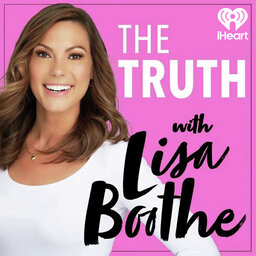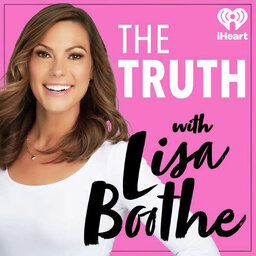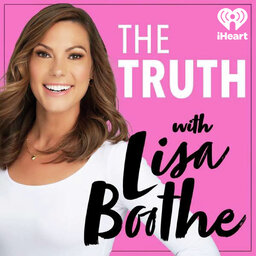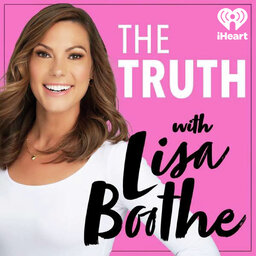The Truth with Lisa Boothe: Why Timing Matters in the Election with Jessica Anderson
In this episode, Lisa and Jessica Anderson from the Sentinel Action Fund discuss the importance of early voting and strategies to engage low propensity voters for the upcoming election. Lisa emphasizes the need to support Donald Trump and Republican candidates, citing perceived persecution and the importance of voting. Jessica explains the Sentinel Action Fund's mission to encourage absentee voting and early participation, particularly in battleground states like Pennsylvania and Nevada. They highlight the challenges posed by changes in voting laws due to COVID-19 and the significance of unreturned mail ballots in determining election outcomes. The Truth with Lisa Boothe is part of the Clay Travis & Buck Sexton Podcast Network - new episodes debut every Monday & Thursday.
 The Truth with Lisa Boothe
The Truth with Lisa Boothe



